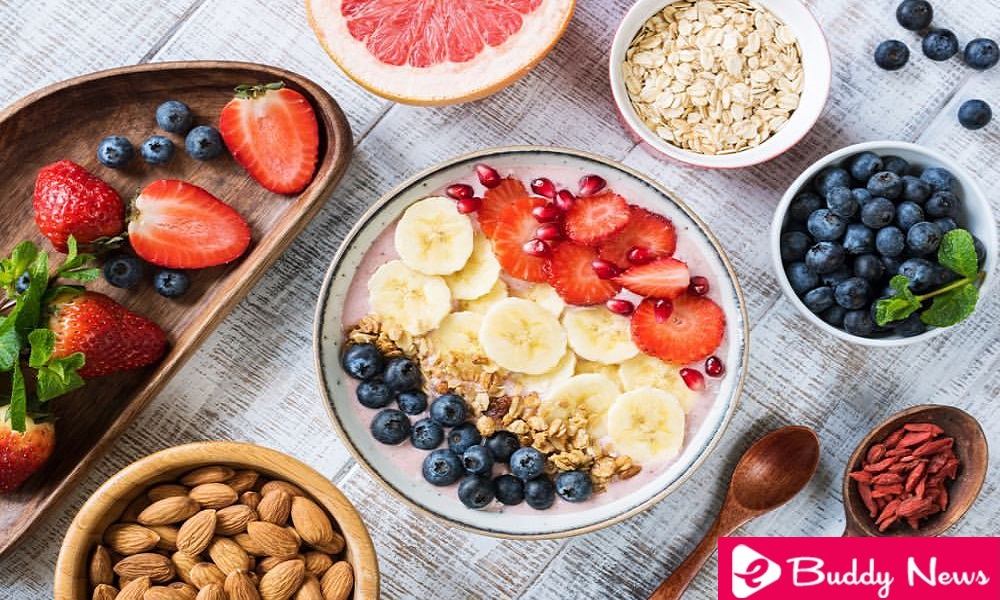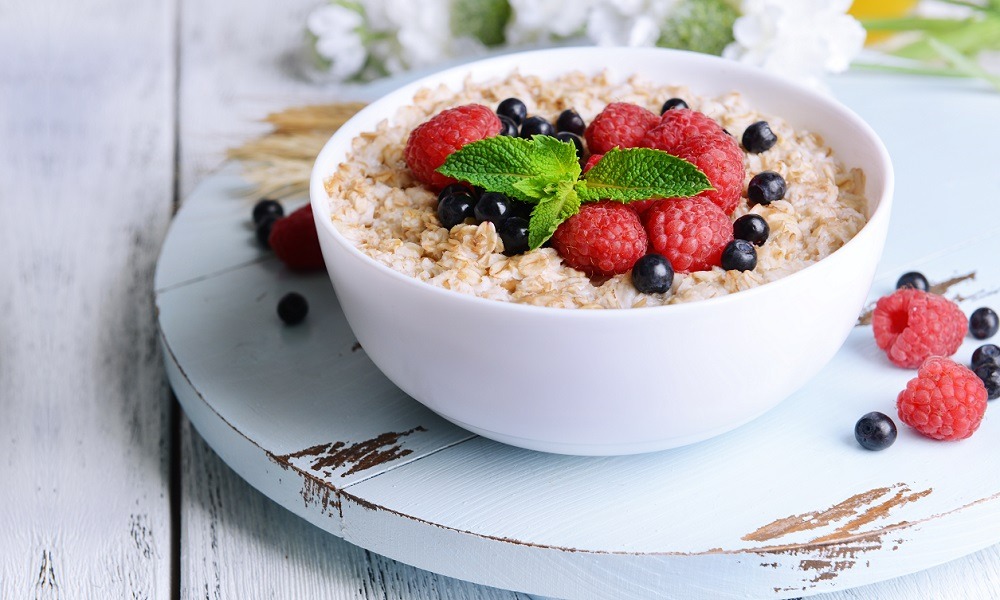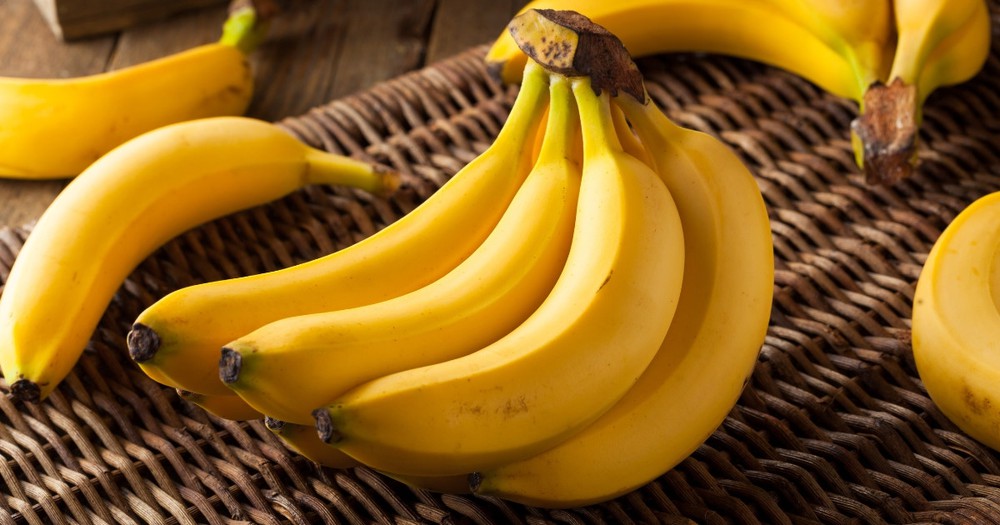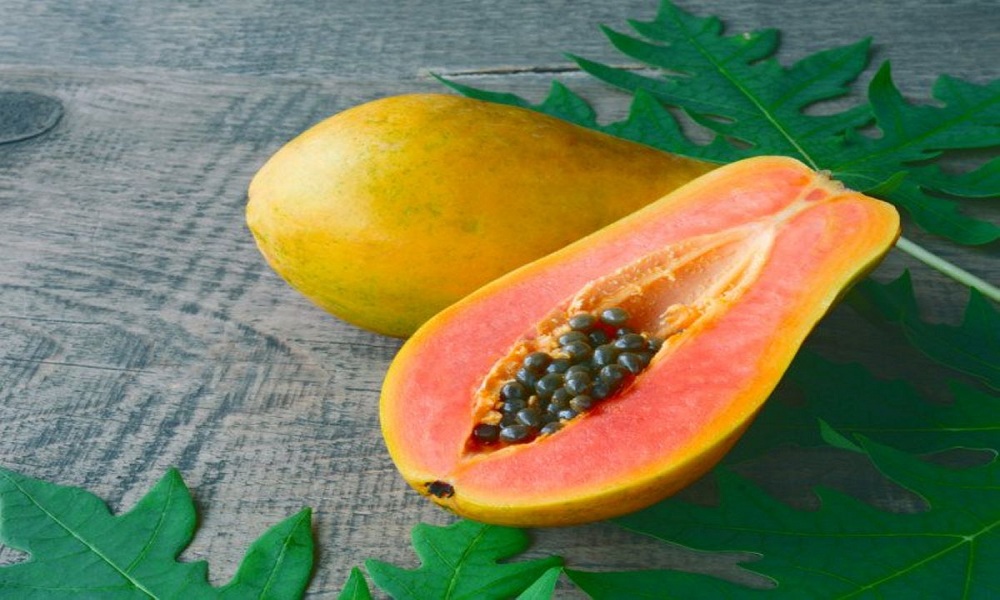9 Healthiest And Best Foods For Breakfast

Breakfast has not been appreciated by many people. In some cultures, it is a meal that manages to reunite the family, before each person assumes their daily routines. Young people go to education centers, while the head of the household goes to work. And as sometimes happens, if the wife is a housewife, she continues with the endless household chores. Ever thought about what are the best foods for breakfast?
Top 10 Healthy and Best Foods For Breakfast
1. Oatmeal

Unquestionably, this is one of the first line option and best foods for breakfast for those who take care of their health. The oats, whose botanical name is Avena sativa, is a plant belonging to the formidable grass family.
The nutritional characterizations have allowed determining that they have high fiber contents, especially beta-glucagon. Oatmeal positive effect on the increase of the beneficial bacterium Bifidobacterium. It also has a significant amount of vitamins, antioxidants, and minerals. It has been discovered that whole oats are the only source of avenanthramides, a very special group of antioxidants with protective effects against heart disease.
2. Natural Yogurt
Very known by the great majority, yogurt is nothing but milk fermented with some special bacteria producing lactic acid. Since ancient times, it has been cataloged as a very important source of probiotics. In recent years, numerous studies have been published on the health effects of yogurt and bacterial cultures used in the production thereof.
It is known that about 80% of the proteins in yogurt correspond to casein. Therefore, it is an excellent source of calcium, vitamin D, magnesium, vitamin B-12, and riboflavin.
3. Nueces
We all know them, but I do the reminder, that when we talk about nuts, we refer to nuts with an inner seed. This is formed by the hardening of the ovarian wall at maturity. The most popular nuts are almonds, hazelnuts, walnuts, and pistachios. Nueces nuts are also very used are pine nuts, cashews, pecans, macadamias, and Brazil nuts. The peanut, although it is a leguminous fruit, from the point of view of the consumers it is included within the nuts.
Nuts have a high total fat content. Nueces for example that cashews and pistachios contain 46%. The macadamia nut, on the other hand, has 76%. However, the fats present are mostly monounsaturated and polyunsaturated fats. The form of consumption is an option that goes from nut butter, accompanying other foods and as snacks. The final decision is in your hands.
4. Berries

They represent a variety of small fruits characterized by different colors including red, purple and blue. Among the most common we have: blueberries, blackberries, raspberries, currants (white, red and black) and strawberries. Berries established that they contain high contents of polyphenols, among which anthocyanins, flavanols, and flavanols appear with greater importance. In addition to procyanidins and chlorogenic acid. With extensive biological properties active in our body. They are antioxidants, cardioprotective and anti-inflammatory and filled with all essential minerals.
There are no excuses for not taking advantage of all the benefits of these delicious and particular fruits, the options are many. From individual consumption, in delicious smoothies or accompanying other foods.
5. Avocado
Already for us are very well known, the excellent components of Avocado. Avocado determined to contain monounsaturated fatty acids, dietary fiber, essential nutrients, and phytochemicals. These phytochemicals are mostly antioxidants, with an enormous neuroprotective effect. According to certain studies, the consumption of avocado raises the density of the macular pigment, a biomarker of brain lutein. Avocado contains high levels of zeanthin and lutein, two carotenoids very important for the functioning of the eye and the brain
6. Banana

Another fruit known to be one of the best foods for breakfast is the banana. They identified as a formidable source of energy. A medium banana, with a little more than one hundred grams, contains approximately 27 g of carbohydrates, mainly fructose and sucrose. It has high levels of potassium (422 mg) and also contains vitamin C, A, and B6. It also provides us with folic acid, niacin, riboflavin. In addition to dietary fiber, iron, and magnesium. Its glycemic index is low to medium and presents several bioactive compounds, such as phenolic, carotids, phytosterols and biogenic amines. These compounds associated with effects that promote the balance of health. They are also fundamental to minimize the effect of oxidative stress.
7. Lentils
You may not be so used to eating them in the morning, but they are certainly wonderful. They belong to the family of legumes, like beans, chickpeas, and peas. For starters, they are an excellent source of fiber (56%), which is excellent for reducing cholesterol, they also have excellent control over bad cholesterol (LDL).
The soluble fiber content in lentils has positive effects on the digestive system and the heart. It is good food for people with insulin resistance, hypoglycemia or diabetes because they maintain a constant flow of energy, but in a slow and balanced way. Additionally, the magnesium content of the lentils adds another advantage, in its positive effects on the cardiovascular system. Also, on the metabolism of oxygen, at the circulatory level.
There are many ways to consume them, from simple salads to delicious vegan lentil burgers. Creativity is free.
8. Papaya

This delicious tropical fruit, already well known for its valuable contributions of vitamin C, is known to provide 157% of the daily requirements of this vitamin. In addition, it is rich in vitamin A, folic acid and potassium. Papaya has certain amounts of calcium, magnesium and B vitamins such as B1, B3, and B5. It also contains vitamin K and vitamin E. Papaya also provides lycopene, with high antioxidant power.
9. Fermented Soy Milk
You may not have tried it yet, but it’s really delicious and nutritious. Fermented Soy Milk a widely used drink as an alternative to dairy products. Soy Milk obtained, fortified with many vitamins and minerals. It also contains nine essential amino acids. This milk used for years. It has been widely used by people who want to eat protein and calcium but are lactose intolerant. Soy milk made from dehydrated soybeans, giving a product very similar to cow’s milk.
Soy is an ideal substitute as a substitute for milk and is the best foods for breakfast, with the added benefit of low-fat content.
Conclusion
Some of the foods showed in the post included those that my friend and neighbor shared at home. I think you do not need big budgets to enjoy the above best foods for breakfast every day.
Related














